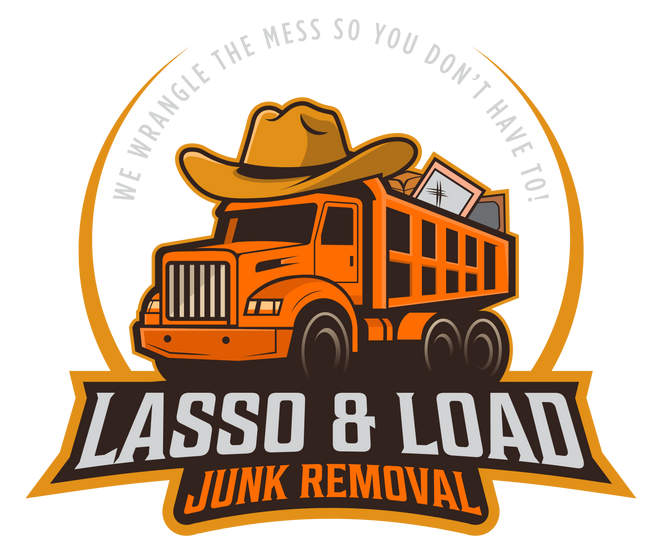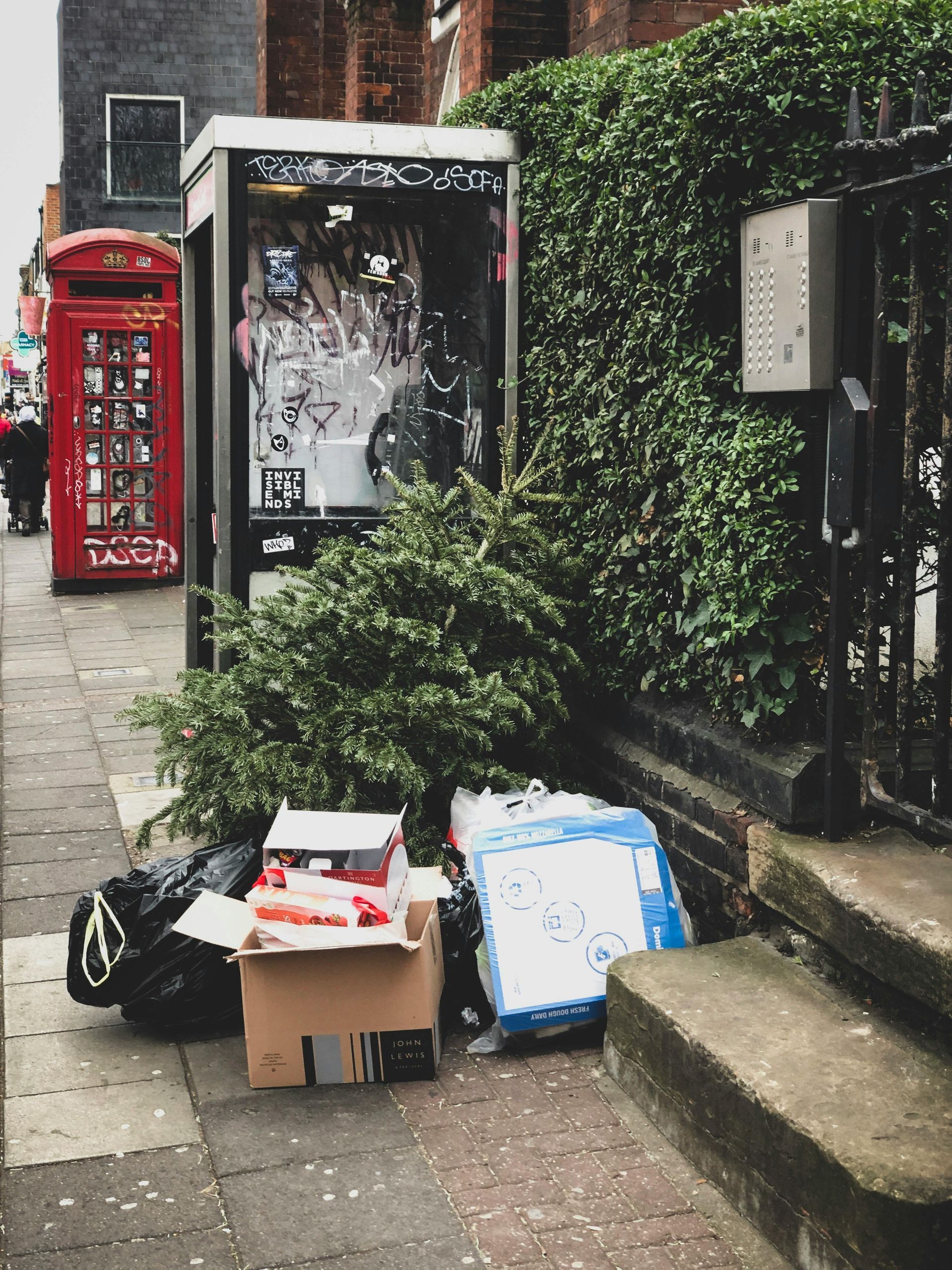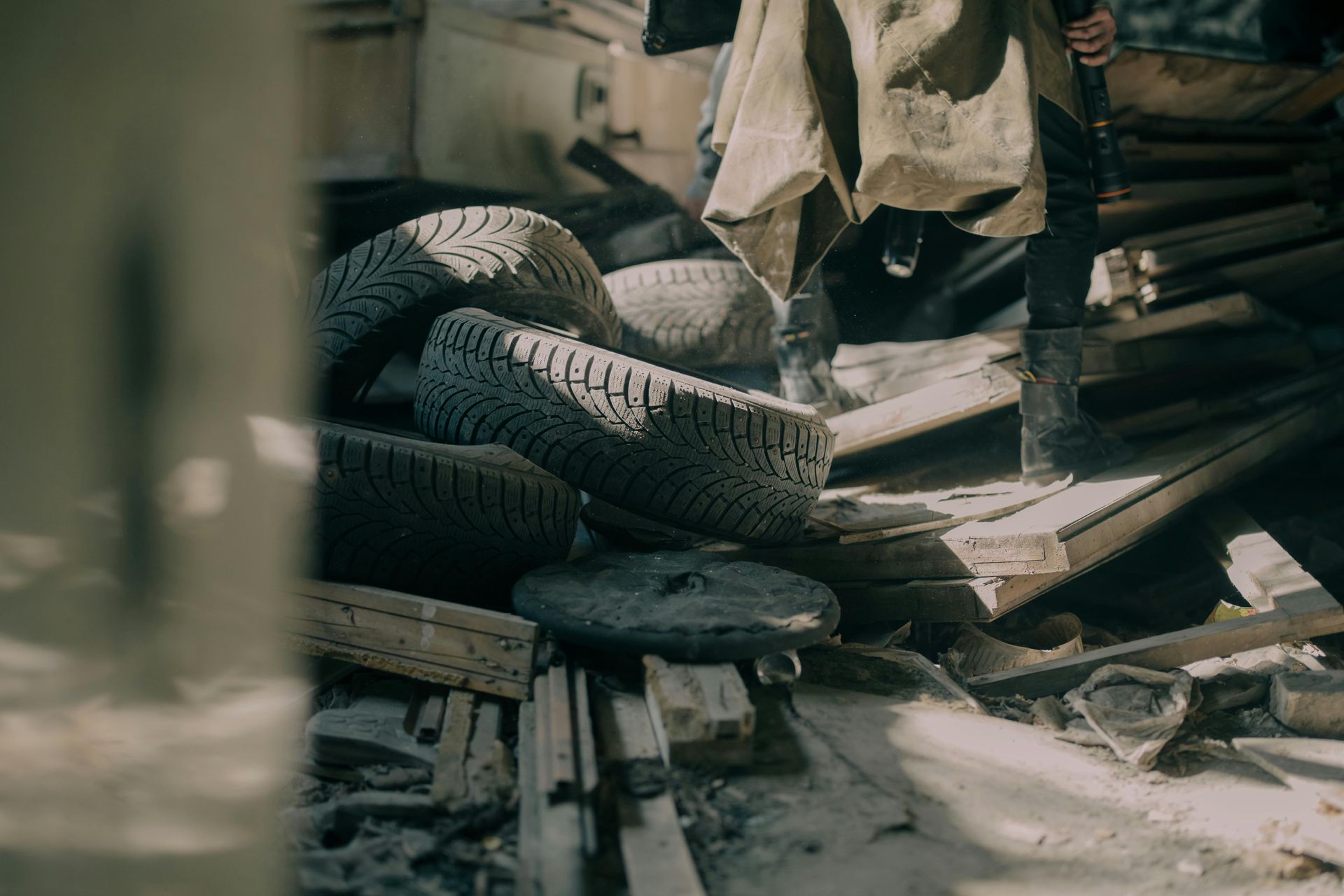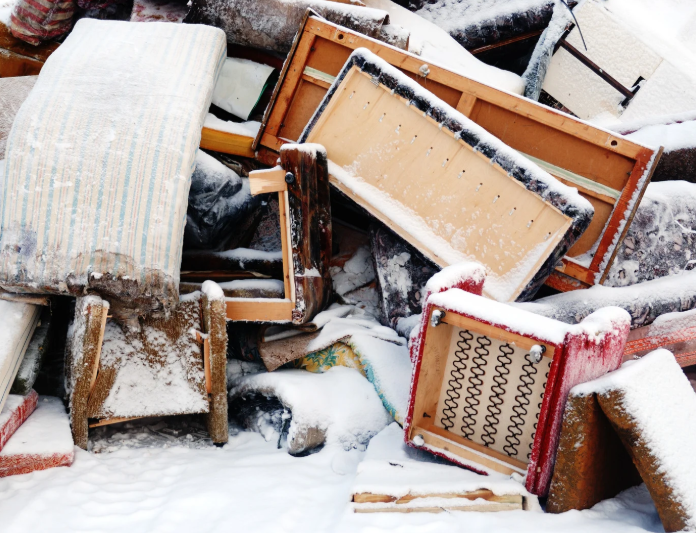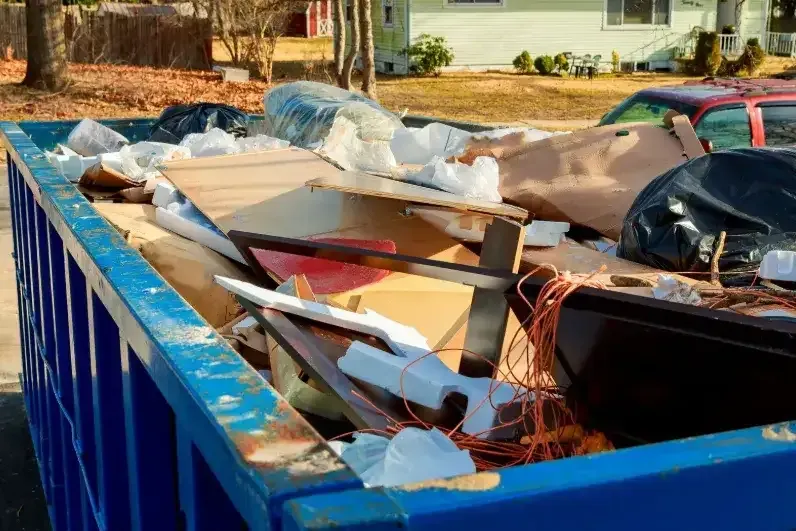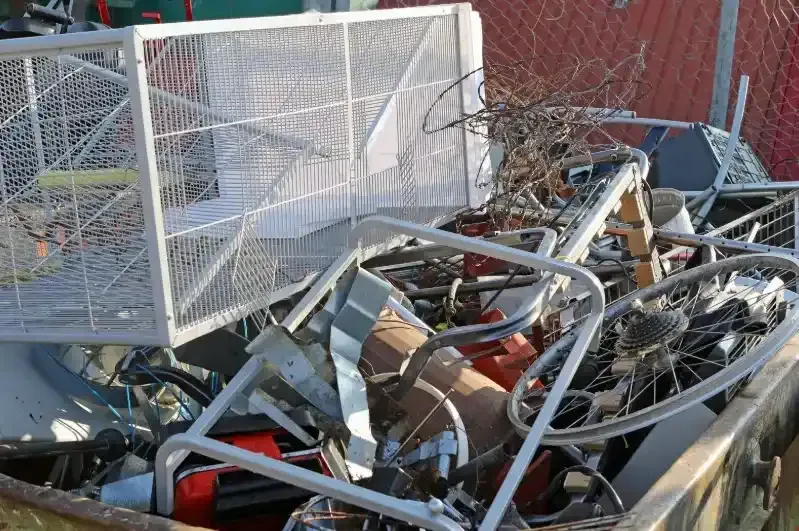How to Safely Handle E-Waste Disposal
In today's fast-paced, tech-driven world, electronic devices have become a central part of our lives. Whether it's your smartphone, laptop, or television, these devices make daily activities more convenient, efficient, and enjoyable. However, with the rapid pace of technological advancements, these devices quickly become outdated, leading to an overwhelming issue that many people face: electronic waste, or e-waste. E-waste includes discarded electronic devices that are no longer in use, broken, or obsolete. From televisions to computers and everything in between, e-waste is a growing environmental concern due to the harmful substances and chemicals contained within electronics.
The challenge of e-waste disposal lies in safely and responsibly managing these items to protect both human health and the environment. In this article, we will explore how to safely handle e-waste disposal, the risks associated with improper disposal, and the best practices for managing your old electronics. By following these guidelines, you'll not only help reduce pollution but also contribute to a more sustainable future.
Understanding the Risks of Improper E-Waste Disposal
Before we dive into the proper methods of e-waste disposal, it’s crucial to understand why this issue requires our attention. Electronics contain a range of hazardous materials such as lead, mercury, cadmium, and brominated flame retardants. If these items end up in landfills or are incinerated improperly, these toxic chemicals can leach into the soil, water, and air, causing serious health problems.
The improper disposal of e-waste can also result in the loss of valuable resources. Many electronic devices contain precious metals like gold, silver, and copper. When e-waste is carelessly discarded, these materials are not recovered, contributing to resource depletion and the need for more mining. Furthermore, improperly disposed of electronics can pose a risk to wildlife and ecosystems, as the chemicals released can damage local habitats.
When e-waste is handled incorrectly, the environmental toll can be enormous, but the human costs can be just as concerning. Exposure to toxic chemicals from e-waste can lead to long-term health effects, including respiratory issues, neurological damage, and even cancer. Children and pregnant women are particularly vulnerable to the impacts of e-waste toxins.
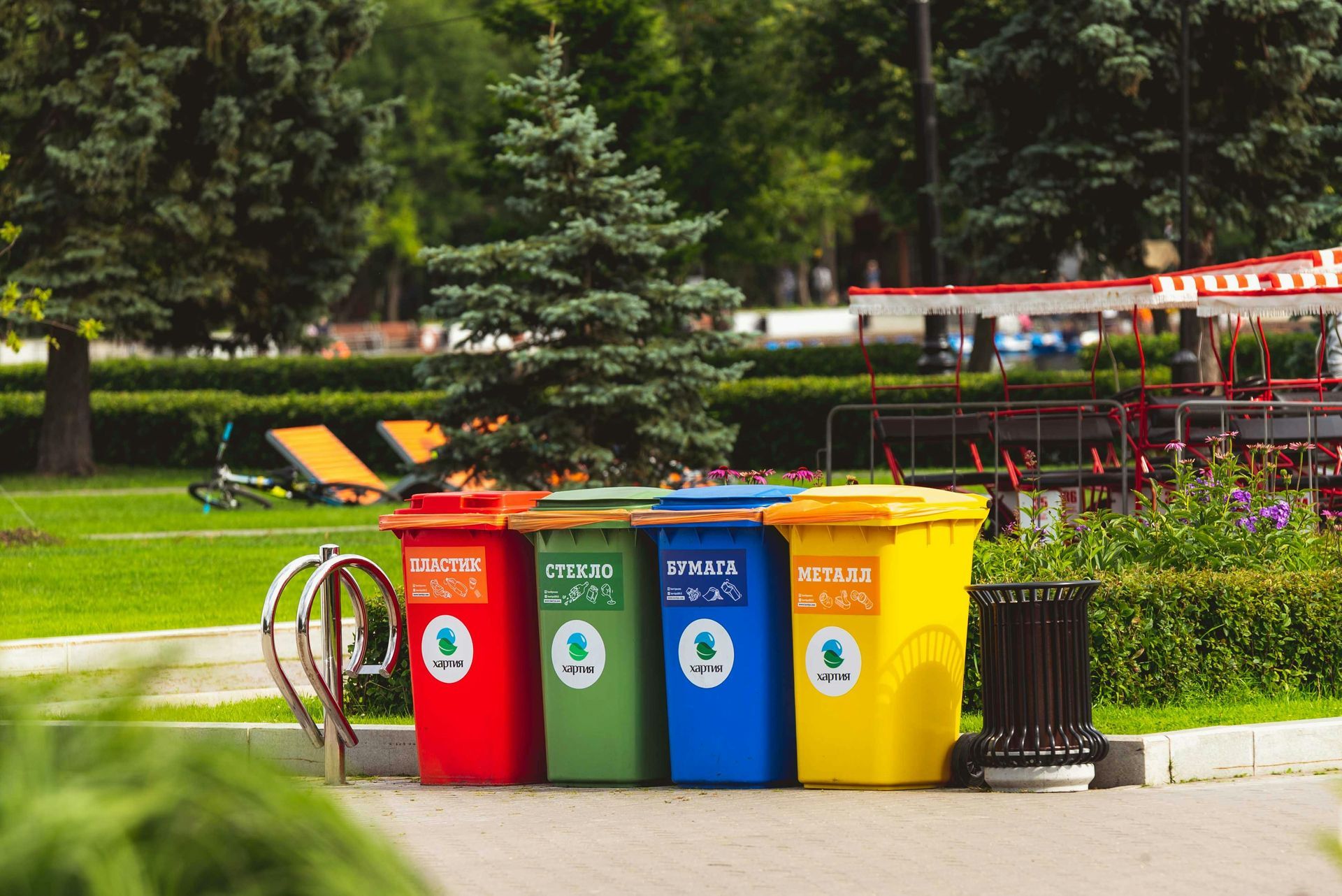
Identifying E-Waste: What Can and Can't Be Disposed
The first step in handling e-waste safely is identifying what qualifies as e-waste. While it may seem straightforward, many household items and appliances contain electronic components that people might not initially consider as e-waste.
Common examples of e-waste include:
- Smartphones: As we upgrade to the latest models, old smartphones often end up collecting dust in drawers. These devices are packed with valuable materials that should be properly recycled.
- Computers and Laptops: These are among the most common e-waste items. Old desktops, laptops, and tablets that no longer serve their purpose need to be disposed of properly to avoid environmental harm.
- Televisions and Monitors: With the transition to flat-screen, high-definition models, many people are upgrading their old CRT televisions. These older units can contain harmful substances like lead and mercury.
- Batteries: While not technically considered e-waste in every instance, batteries from electronics such as laptops, cameras, and toys often contain hazardous chemicals and should not be disposed of in regular trash.
- Home Appliances: While some household appliances don’t technically fall under e-waste, items like microwaves, refrigerators, or even washing machines that contain electronic components must be handled differently than regular trash.
However, not all electronics are considered e-waste. Devices such as radios, clocks, or kitchen appliances that don’t contain electronic circuits or hazardous materials are typically not classified as e-waste, though it’s always best to check with local authorities or recycling centers to be sure.
Best Practices for E-Waste Disposal
Now that you have an understanding of what e-waste is, it’s essential to follow the best practices for its disposal. These practices will ensure that your old electronics are recycled or disposed of in a way that minimizes harm to the environment and human health.
Recycle, Don’t Trash
One of the most important steps in safely handling e-waste is recycling it through a certified program. Recycling facilities can recover valuable materials from old electronics, such as metals, plastics, and glass, to be reused in new products. Many e-waste recycling centers also have the proper tools and expertise to safely dispose of hazardous chemicals like lead and mercury.
To ensure your e-waste is being recycled responsibly, look for recycling centers that are certified under standards such as R2 (Responsible Recycling) or e-Stewards. These certifications ensure that the facility follows strict environmental and health guidelines for managing e-waste.
Data Security: Wipe Your Devices Clean
Before disposing of your electronic devices, particularly smartphones, computers, and laptops, it’s essential to wipe your personal data from them. Failure to do so could lead to identity theft or unauthorized access to sensitive information. For smartphones and tablets, perform a factory reset to erase all data. For computers, you may need to use special software that securely erases your hard drive, ensuring that no personal information remains.
Donate or Sell Reusable Electronics
If your electronics are still in working condition but no longer meet your needs, consider donating or selling them. Many charitable organizations accept working computers, phones, and other devices to help those in need. Selling or trading in old electronics can also be an option, as many companies offer trade-in programs where you can exchange your old devices for store credit or cash. When donating or selling electronics, be sure to remove all personal data, as mentioned earlier.
Utilize Manufacturer Take-Back Programs
Many electronics manufacturers offer take-back programs where they accept old devices for recycling. These programs are often free of charge and can be a convenient way to safely dispose of your e-waste. Manufacturers such as Apple, Dell, and Samsung have established programs that allow consumers to send in their old devices for responsible recycling. Before sending in your devices, ensure that they are either wiped clean of personal data or factory-reset.
Avoid Illegal E-Waste Disposal Methods
It’s crucial to avoid illegal e-waste disposal methods, such as throwing electronics in the trash or dumping them in unauthorized locations. Many areas have strict regulations regarding the disposal of electronics, and illegal disposal can result in hefty fines and penalties. Additionally, improper disposal can lead to environmental damage. When electronics are placed in landfills, the hazardous chemicals inside them can leach into the ground and water supply, causing irreversible harm.
Keep Your Local Recycling Options in Mind
Depending on where you live, your local area may have different guidelines for e-waste disposal. Be sure to check with local government websites, recycling centers, or waste management services to find out the proper methods for disposing of your electronics. Many communities also host events where you can drop off your old electronics for free, making it easier to dispose of e-waste without hassle.
The Role of E-Waste in a Sustainable Future
As technology rapidly evolves, e-waste is becoming one of the fastest-growing waste streams in the world. This presents a significant challenge, but also an important opportunity for advancing sustainability. By responsibly managing e-waste, we can mitigate the negative environmental impacts associated with electronics disposal, such as soil and water contamination caused by hazardous materials like mercury, lead, and cadmium. Recycling these materials helps recover precious metals like gold, silver, and copper, reducing the need for mining and conserving natural resources.
The future of e-waste lies in creating a circular economy, where electronic products are reused, refurbished, or recycled to extend their lifecycle. Proper disposal not only helps in the safe extraction of valuable components but also prevents hazardous chemicals from leaching into the environment. As more people and businesses adopt responsible disposal practices, we can reduce the strain on landfills, cut down on pollution, and lessen the ecological footprint of electronic waste. By taking these steps today, we pave the way for a cleaner, greener future for generations to come.
Why Proper E-Waste Disposal Matters: The Global Impact
The growing problem of e-waste is not confined to any single community or country. In fact, e-waste has become a global issue that requires collective action. According to the United Nations, the world generates over 50 million tons of e-waste every year, and only a small fraction of this waste is properly recycled. This is a staggering statistic, considering the potential for harm if electronics are improperly disposed of.
Developing nations, where many electronic items are exported for recycling, often bear the brunt of the consequences. In these countries, improper handling of e-waste can result in dangerous exposure to toxic chemicals, leading to devastating health impacts on workers and communities. In fact, many e-waste recycling sites in these countries are poorly managed, which exacerbates environmental damage and human health risks.
Conclusion
In conclusion, managing e-waste is a crucial responsibility for protecting the environment and safeguarding our health. Improper disposal of electronic waste can have far-reaching consequences, including pollution, health hazards, and the loss of valuable resources. By taking the time to understand the risks, utilizing certified recycling programs, and ensuring that personal data is securely wiped from devices, you are playing an active role in the global effort to reduce the impact of e-waste on our planet. Whether you're dealing with outdated computers, old televisions, or broken smartphones, responsible disposal can make a significant difference.
If you're unsure where to dispose of your old electronics or need assistance with e-waste removal, Lasso & Load Junk Removal, based in Gwinnett County, is ready to help. Contact us today at 404-227-2017 or via email at Lauren.renwickk@gmail.com for professional, environmentally responsible e-waste disposal services. Let us help you keep your home and business clutter-free while protecting the planet for future generations.
